
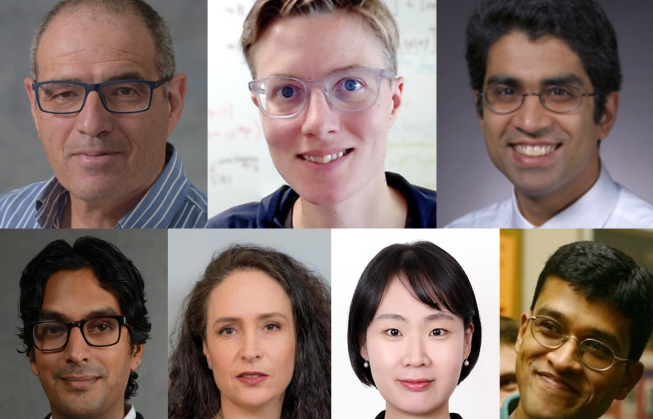
Padovani Lecturer: Meir Feder
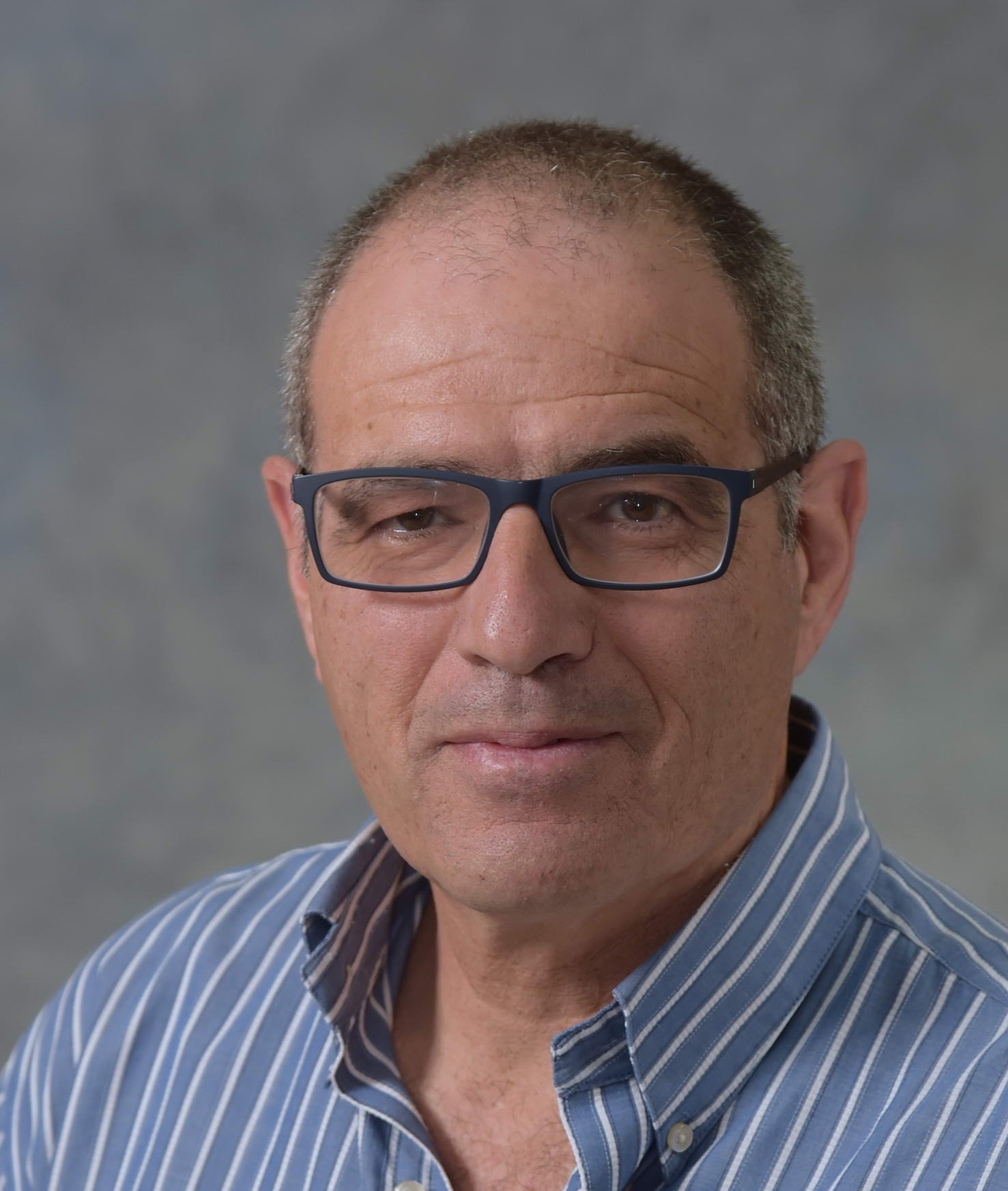
The Padovani Lecturer Program was established with a generous gift by Dr. Roberto Padovani in 2009. The award provides for an outstanding member of the information theory community to deliver a lecture at one of the ITSoc’s Schools of Information Theory, for the benefit of students and postdoctoral researchers.
Meir Feder is a Professor in the School of Electrical Engineering in Tel Aviv University and the holder of the Information Theory Chair. He is also a Visiting Professor at the department of EECS at MIT. His research interests are Information Theory and its applications in signal processing, communication and recently machine learning. He received several academic and professional awards including the IEEE Information Theory society best paper award for his work on universal prediction, the “creative thinking” award of the Israeli Defense Forces, and the Research Prize of the Israeli Electronic Industry, awarded by the president of Israel. In parallel to his academic career, he is closely involved in the high-tech industry and founded several companies, among them Peach Networks (Acq: MSFT) and Amimon (Acq:LON.VTC). Recently, with his renewed interest in machine learning and AI, he co-founded Run:ai, a virtualization and acceleration platform for AI infrastructure.
Goldsmith Lecturer: Mary Wootters
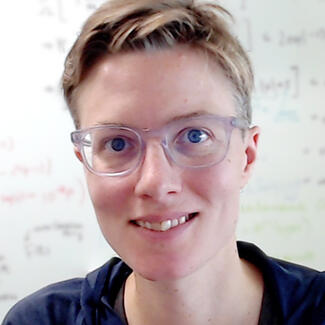
The Goldsmith Lecturer Program was established with a generous gift by Dr. Andrea Goldsmith and is supported by several corporate sponsors. The award provides travel support for an outstanding early-career woman researcher to deliver a lecture at one of the ITSoc’s Schools of Information Theory, held for the benefit of students and post-doctoral researchers. By highlighting technical achievements of early career women, the ITSoc Goldsmith Lecturer Program helps the award recipients build their professional career and recognition. The Lectureship contributes to the public visibility of the researcher and helps increase the diversity of IEEE ITSoc and IEEE as a whole, as women are an under-represented group in both. The award recipient will also serve as a role model and inspiration to diverse students attending the Information Theory Schools.
Mary Wootters is an associate professor of Computer Science and Electrical Engineering at Stanford University. She received a PhD in mathematics from the University of Michigan in 2014, and a BA in math and computer science from Swarthmore College in 2008; she was an NSF postdoctoral fellow at Carnegie Mellon University from 2014 to 2016. She works in theoretical computer science, applied math, and information theory; her research interests include error correcting codes and randomized algorithms for dealing with high dimensional data. Her Ph.D. thesis received the Sumner B. Myers Memorial Prize from the UMich Math Department and and the EATCS Distinguished Dissertation award. She is the recipient of an NSF CAREER award, was named a Sloan Research Fellow in 2019 and a Google Research Scholar in 2021; she was awarded the IEEE Information Theory Society James L. Massey award in 2022, and named the IEEE Information Theory Society Goldsmith Lecturer for 2024.
Distinguished Lecturers: Aditya Ramamoorthy, Anand Sarwate, Anelia Somekh-Baruch, Si-Hyeon Lee & Vinod Prabhakaran
The Distinguished Lecturers Program was established to promote interest in information theory by supporting its local chapters to invite prominent information theory researchers to give lectures at their events.
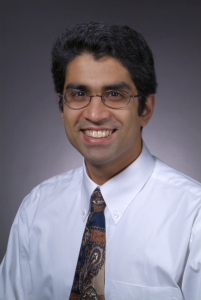
Aditya Ramamoorthy is the Northrop Grumman Professor of Electrical and Computer Engineering and (by courtesy) of Mathematics at Iowa State University. He received his B. Tech. degree in Electrical Engineering from the Indian Institute of Technology, Delhi and the M.S. and Ph.D. degrees from the University of California, Los Angeles (UCLA). His research interests are in the areas of classical/quantum information theory and coding techniques with applications to distributed computation, content distribution networks and machine learning. Dr. Ramamoorthy served as an editor for the IEEE Transactions on Information Theory from 2016 — 2019 and the IEEE Transactions on Communications from 2011 — 2015. He is the recipient of the 2020 Mid-Career Achievement in Research Award, the 2019 Boast-Nilsson Educational Impact Award and the 2012 Early Career Engineering Faculty Research Award from Iowa State University, the 2012 NSF CAREER award, and the Harpole-Pentair professorship in 2009 and 2010. He is a senior member of the IEEE.
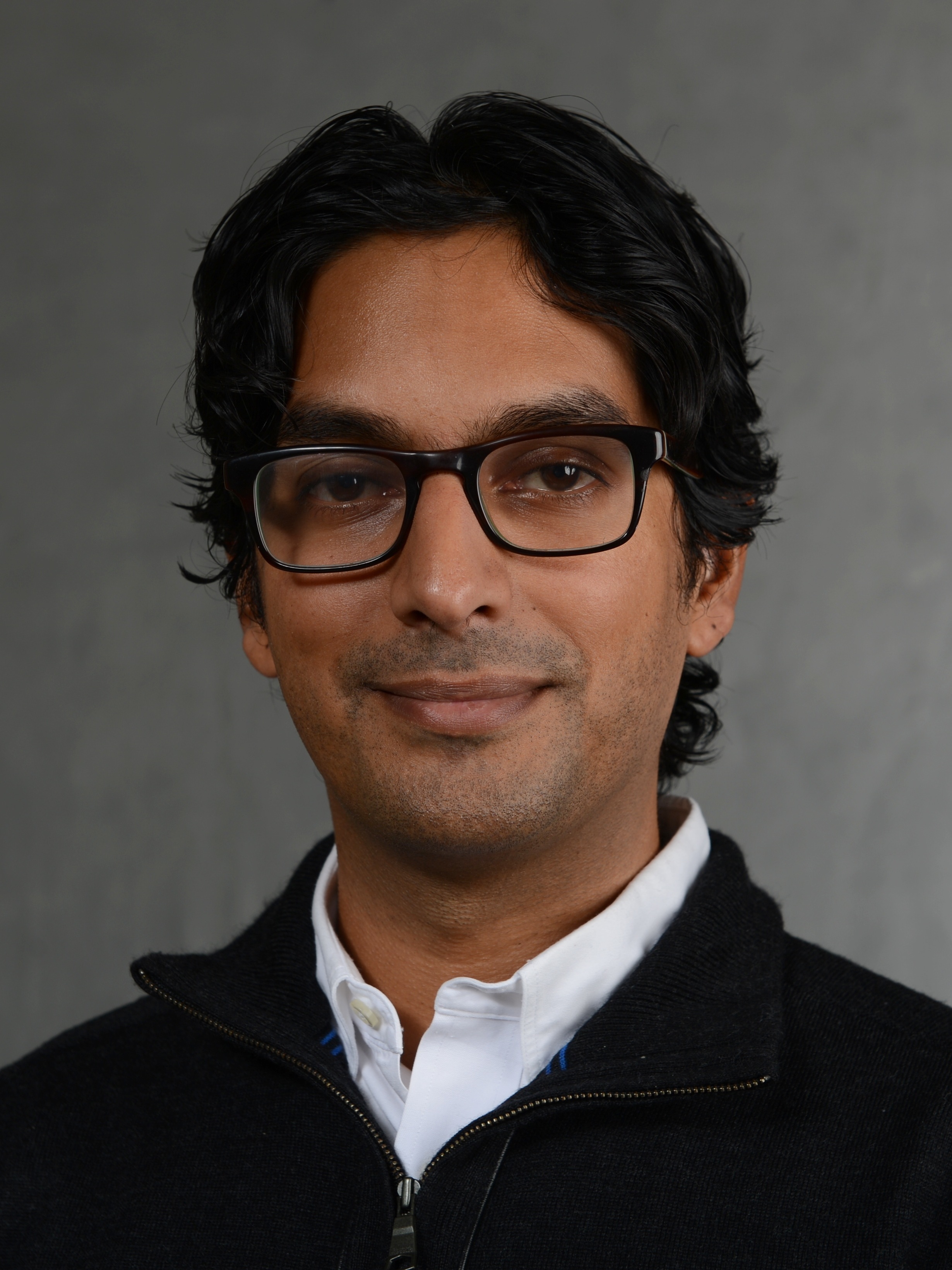
Anand Sarwate is an Associate Professor in the Department of Electrical and Computer Engineering at Rutgers, The State University of New Jersey. He is also a member of the graduate faculty in the Department of Computer Science and the Department of Statistics. He likes to work on problems that involve probability, mathematical statistics, and optimization, with applications in information theory, communication, signal processing, and machine learning. He is particularly interested in how these things intersect in the context of distributed/decentralized systems with constraints like privacy, bandwidth, latency, power, and so on.
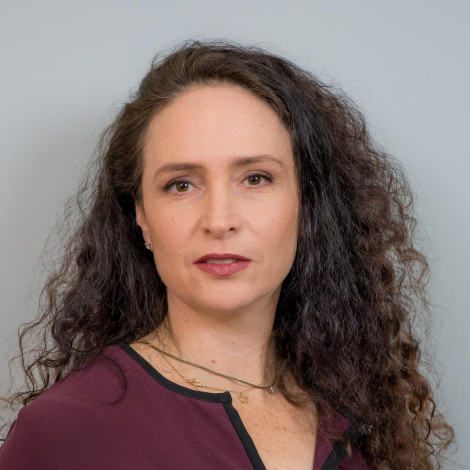
Anelia Somekh-Baruch received the B.Sc. degree from Tel-Aviv University, Tel Aviv-Yafo, Israel, in 1996, and the M.Sc. and Ph.D. degrees from the Technion–Israel Institute of Technology, Haifa, Israel, in 1999 and 2003, respectively, all in electrical engineering. From 2004 to 2009, she has held a Visiting Research Associate appointments with the Electrical Engineering Department, Princeton University, Princeton, NJ, USA, and Technion. In 2009, she joined the Faculty of Engineering, Bar-Ilan University, Ramat Gan, Israel, where she is currently an Associate Professor. Her research interests include information theory, in particular Shannon theory and channel coding and topics in communication theory. Since 2020, she has been an Area Editor of the Foundations and Trends in Communications and Information Theory. She received the Tel-Aviv University Program for outstanding B.Sc. students scholarship, the Viterbi scholarship, the Rothschild Foundation scholarship for post-doctoral studies, and the Marie Curie Outgoing International Fellowship.
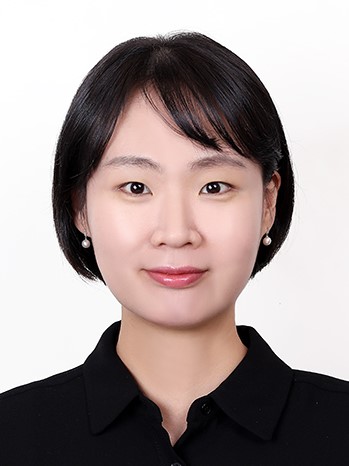
Si-Hyeon Lee is an associate professor in the School of Electrical Engineering of KAIST, South Korea. She received the B.S. (summa cum laude) and Ph.D. degrees in Electrical Engineering from KAIST, in 2007 and 2013, respectively. From 2014 to 2016, she was a Postdoctoral Fellow in the Department of Electrical and Computer Engineering at the University of Toronto, Canada. Before joining KAIST EE, she was an assistant professor in the Department of Electrical Engineering, POSTECH. She is a TPC co-chair of IEEE ITW 2024.
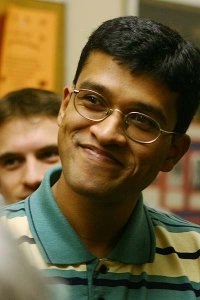
Vinod M. Prabhakaran received the M.E. degree from the Indian Institute of Science in 2001 and the Ph.D. degree from the University of California at Berkeley, Berkeley, in 2007. He was a Post-Doctoral Researcher at the University of Illinois at Urbana–Champaign, from 2008 to 2010 and the Ecole Polytechnique Fédérale de Lausanne, Switzerland, in 2011. Since 2011, he has been with the School of Technology and Computer Science, Tata Institute of Fundamental Research, Mumbai. His research interests are in information theory, communication, cryptography, and signal processing. He was an Associate Editor for the Special Issue on Shannon Theory of the IEEE Transactions on Information Theory from 2016 to 2019. He is currently an Associate Editor for the Special Issue on Security and Privacy of the IEEE Transactions on Information Theory.

